Optimal Timing for Waterproofing Projects
Proper timing for waterproofing projects ensures optimal adhesion, durability, and effectiveness. Weather conditions, temperature, and humidity levels influence the success of waterproofing applications. Typically, dry and moderate weather conditions are ideal for sealing surfaces against water intrusion.
These seasons offer warm temperatures and low precipitation, making them suitable for waterproofing. The moderate climate allows materials to cure properly without interference from rain or excessive humidity.
Late summer provides stable weather conditions. Early fall can also be effective, provided temperatures remain above freezing and humidity levels are manageable.
Cold temperatures and frequent precipitation hinder waterproofing processes. Freezing conditions can prevent proper curing and compromise the integrity of the seal.
Most waterproofing products perform best between 50°F and 85°F. Extreme cold or heat can affect adhesion and curing times.
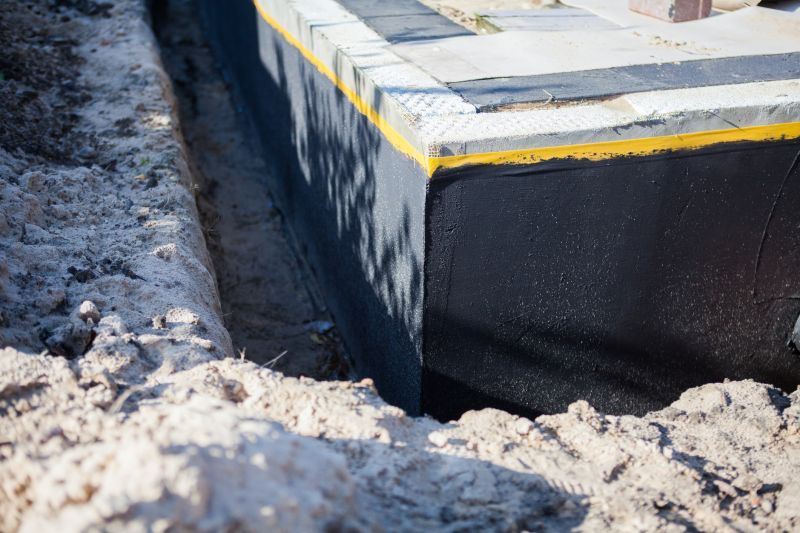
Ways to make Waterproofings work in tight or awkward layouts.
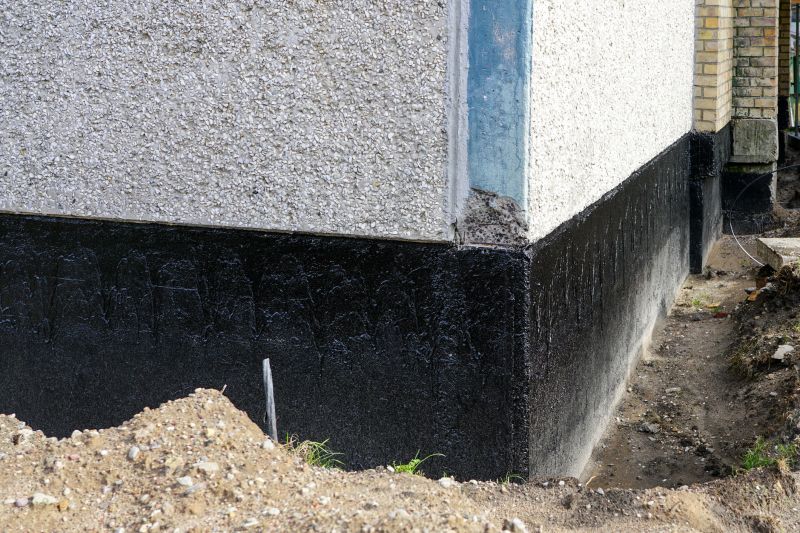
Popular materials for Waterproofings and why they hold up over time.
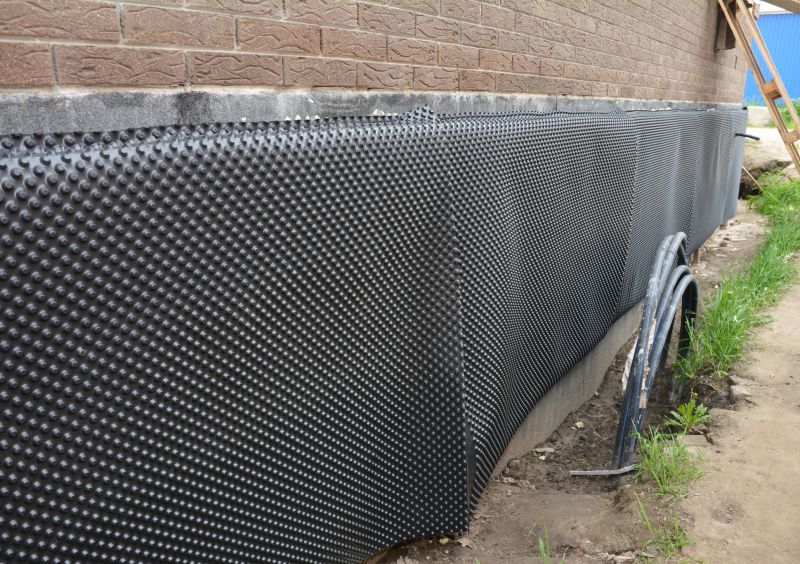
Simple add-ons that improve Waterproofings without blowing the budget.
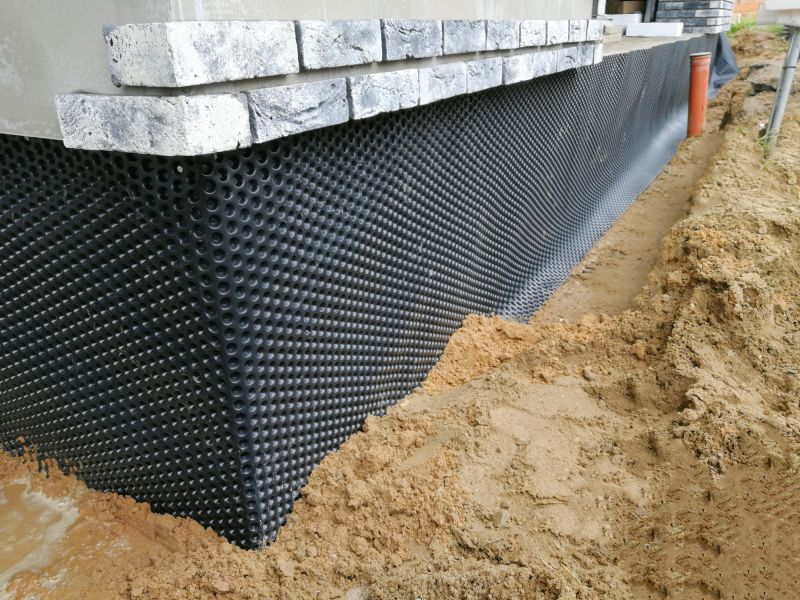
High-end options that actually feel worth it for Waterproofings.

Finishes and colors that play nicely with Waterproofings.
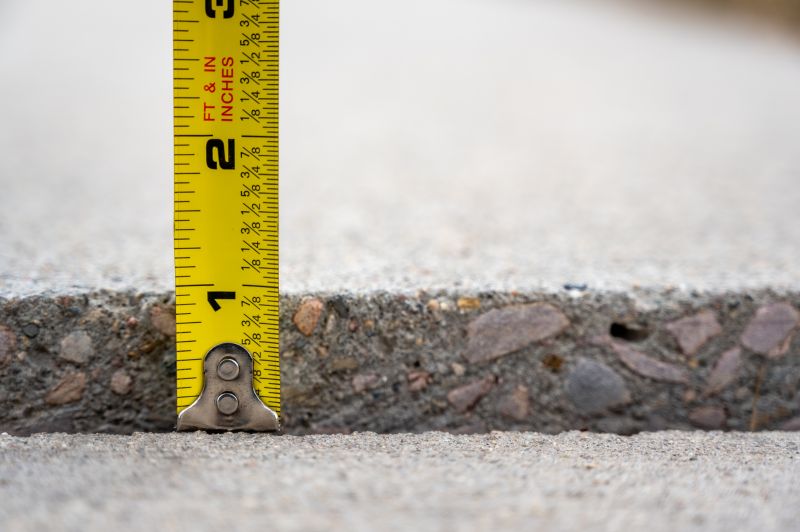
Little measurements that prevent headaches on Waterproofings day.
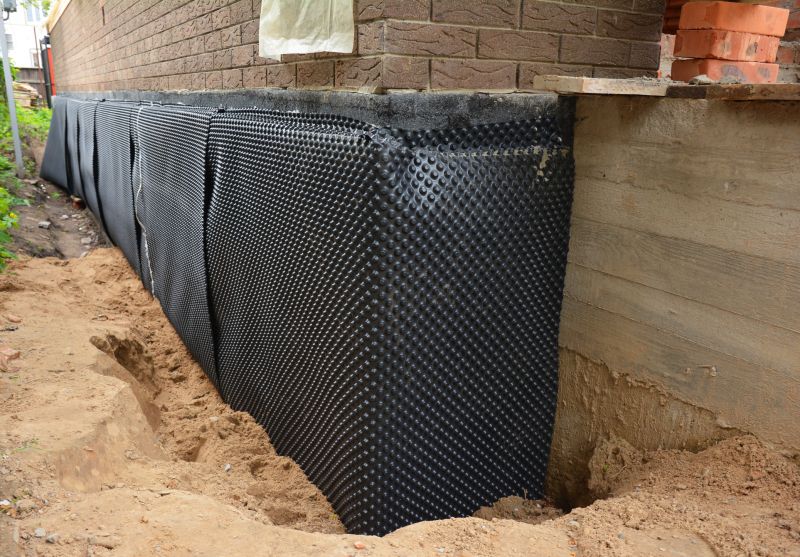
A 60-second routine that keeps Waterproofings looking new.
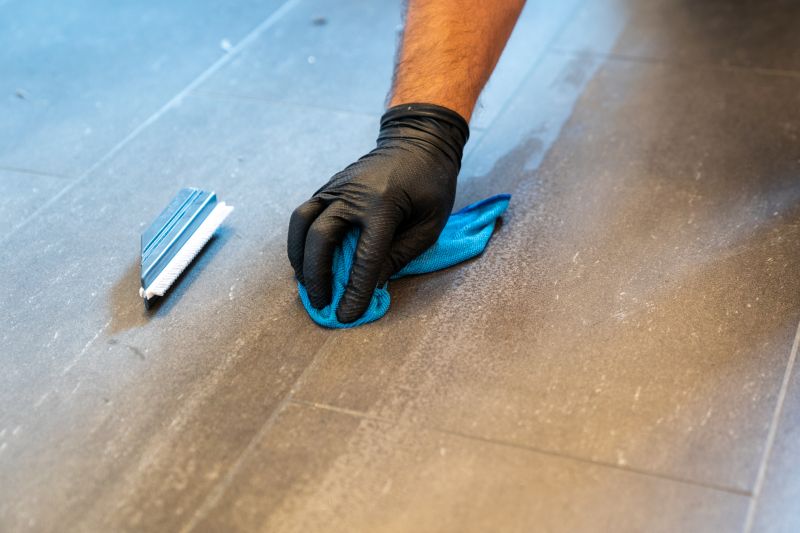
A frequent mistake in Waterproofings and how to dodge it.

Small tweaks to make Waterproofings safer and easier to use.
| Season | Optimal Conditions |
|---|---|
| Spring | Warm, dry, moderate humidity |
| Early Summer | Warm temperatures, low rainfall |
| Late Summer | Stable weather, high temperatures |
| Early Fall | Mild temperatures, low humidity |
| Winter | Cold, freezing temperatures, high moisture |
| Heavy Rain Periods | Unfavorable due to moisture interference |
Waterproofings are essential for protecting structures from water intrusion, preventing damage, and extending the lifespan of buildings. Proper application during suitable weather conditions ensures maximum effectiveness. Different waterproofing materials and techniques are available, each suited for specific surfaces and environmental conditions. Regular inspections and timely reapplications contribute to maintaining waterproof integrity over time.
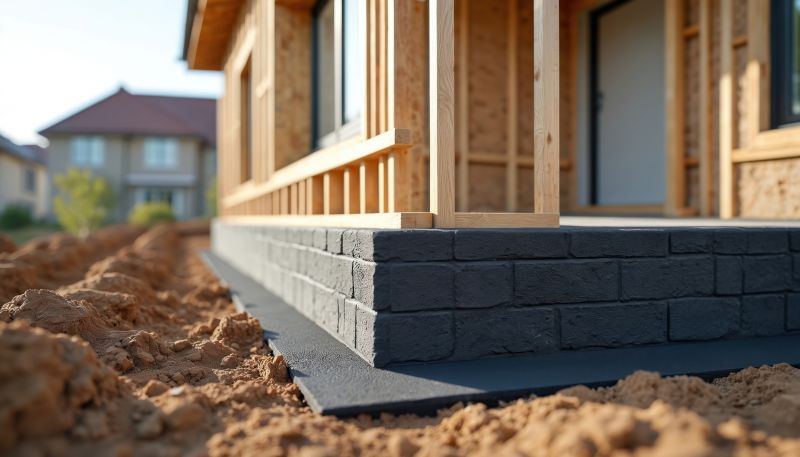
Lower-waste or water-saving choices for Waterproofings.
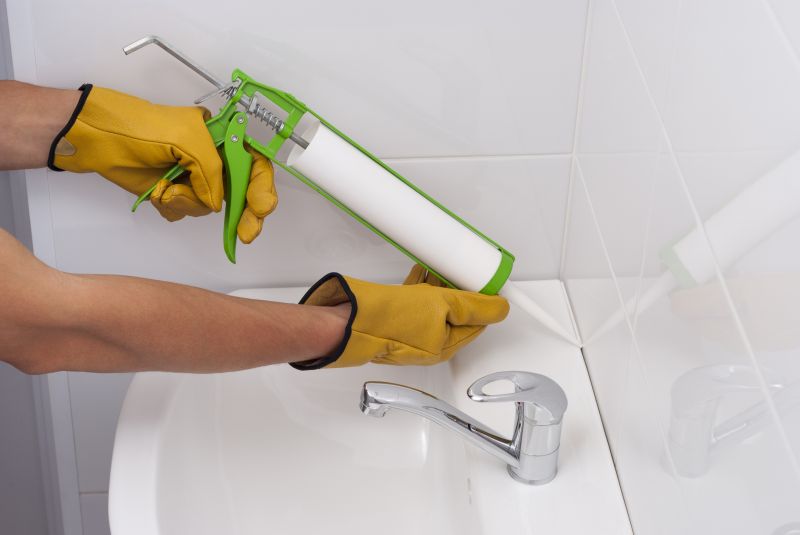
The short, realistic tool list for quality Waterproofings.
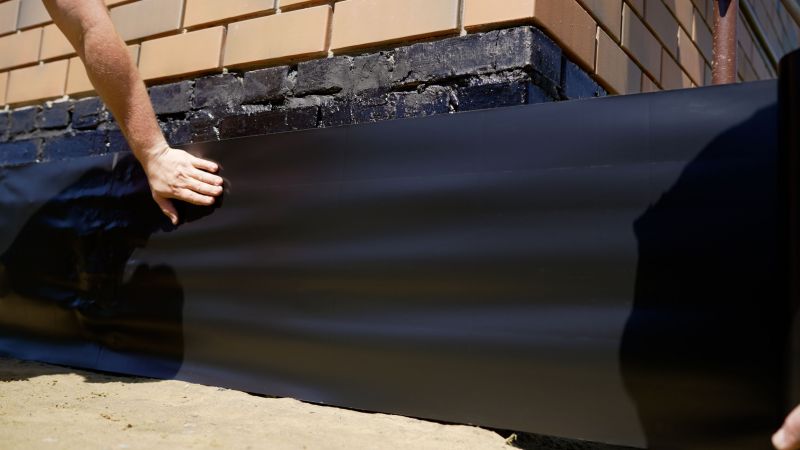
Rough timing from prep to clean-up for Waterproofings.
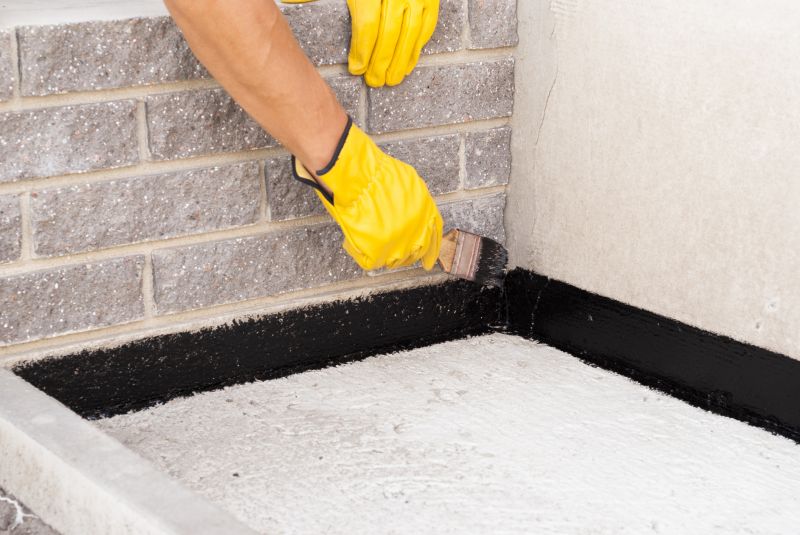
Quick checks and paperwork to keep after Waterproofings.
Interested in waterproofing services? Filling out the contact form provides an opportunity to discuss specific needs and project timelines. Proper planning and execution can significantly reduce water-related issues and protect property investments in Clarksville, Tennessee.




